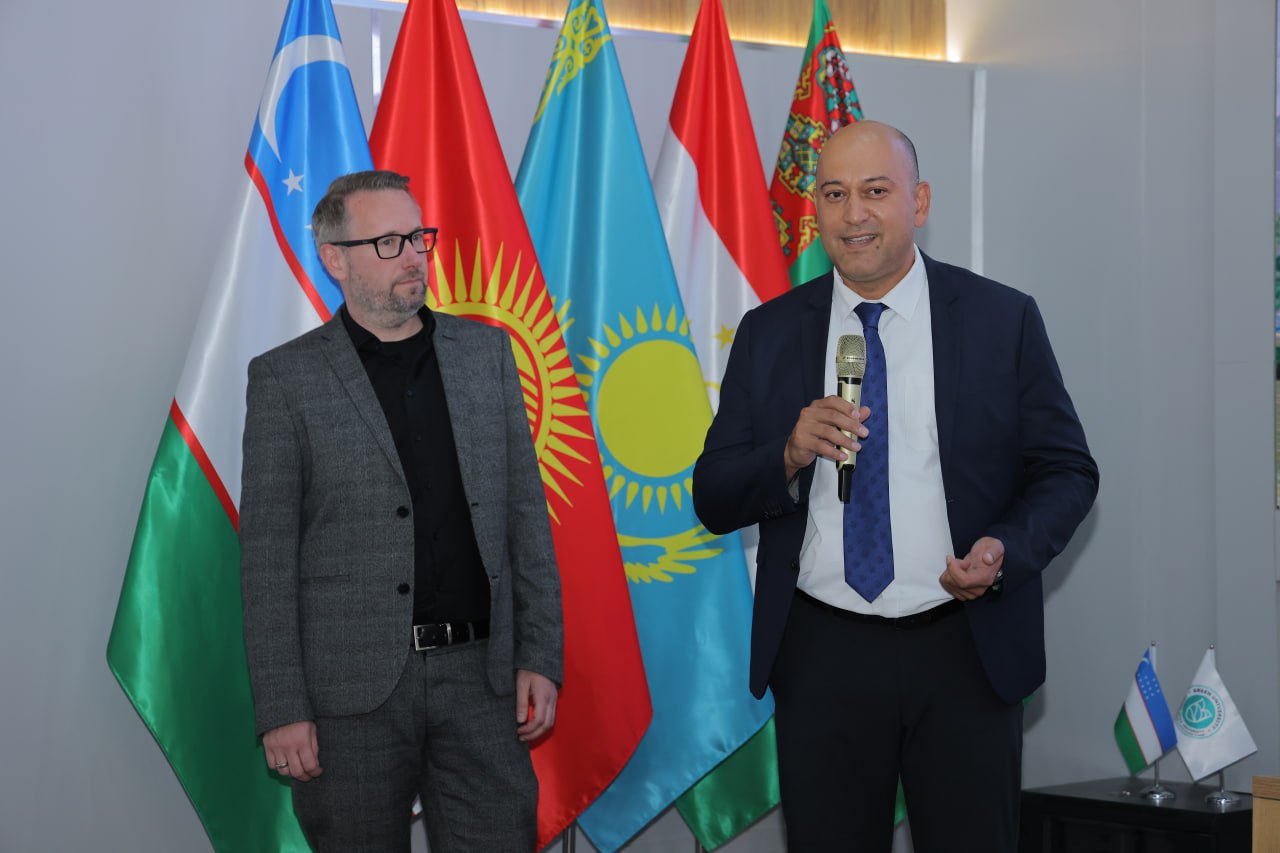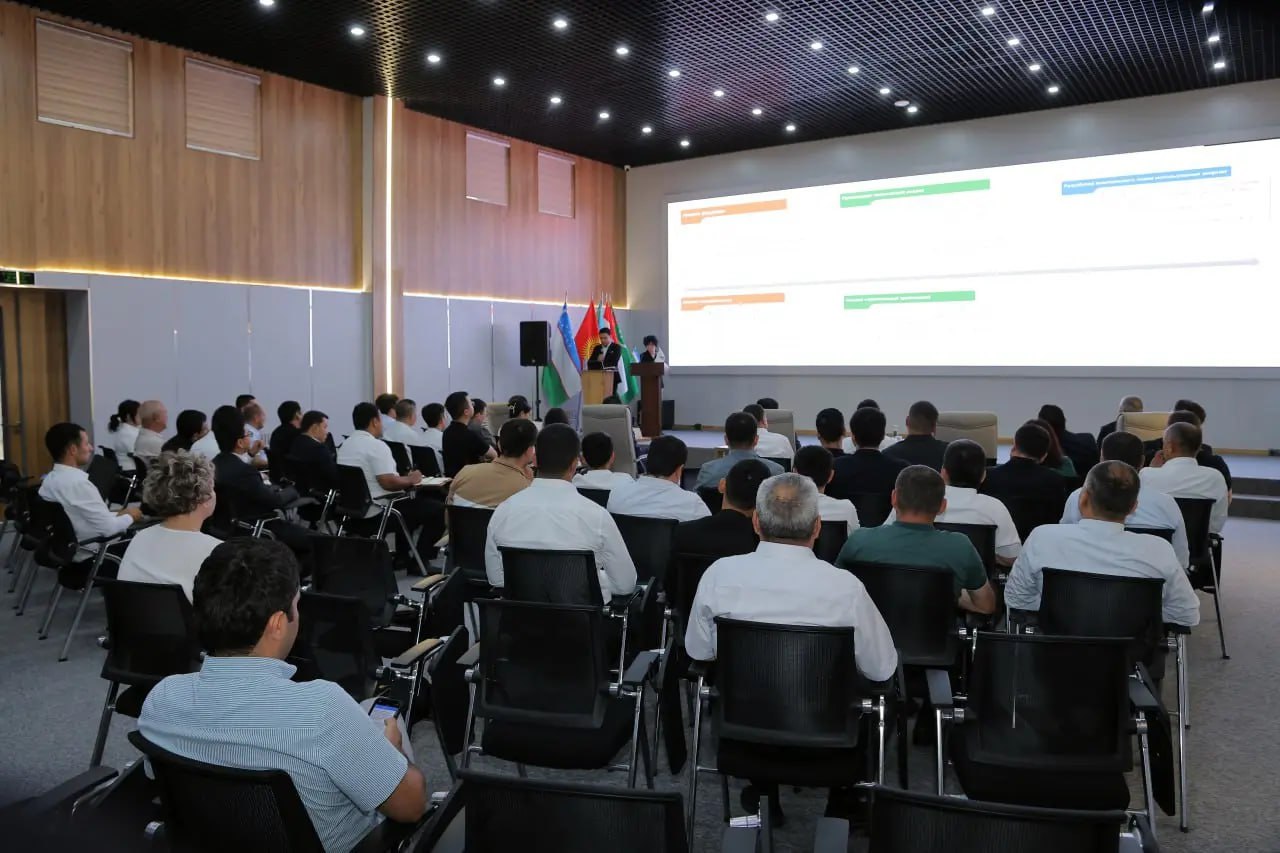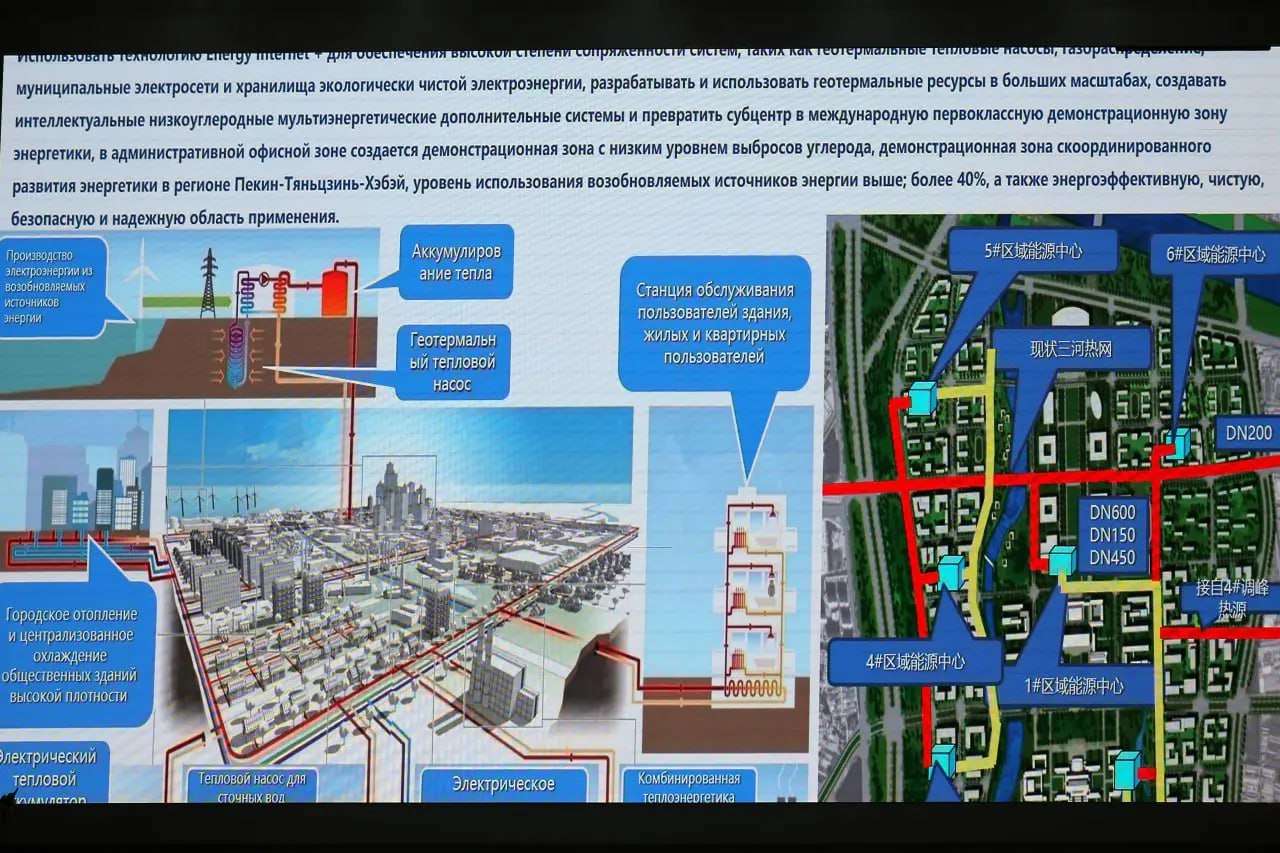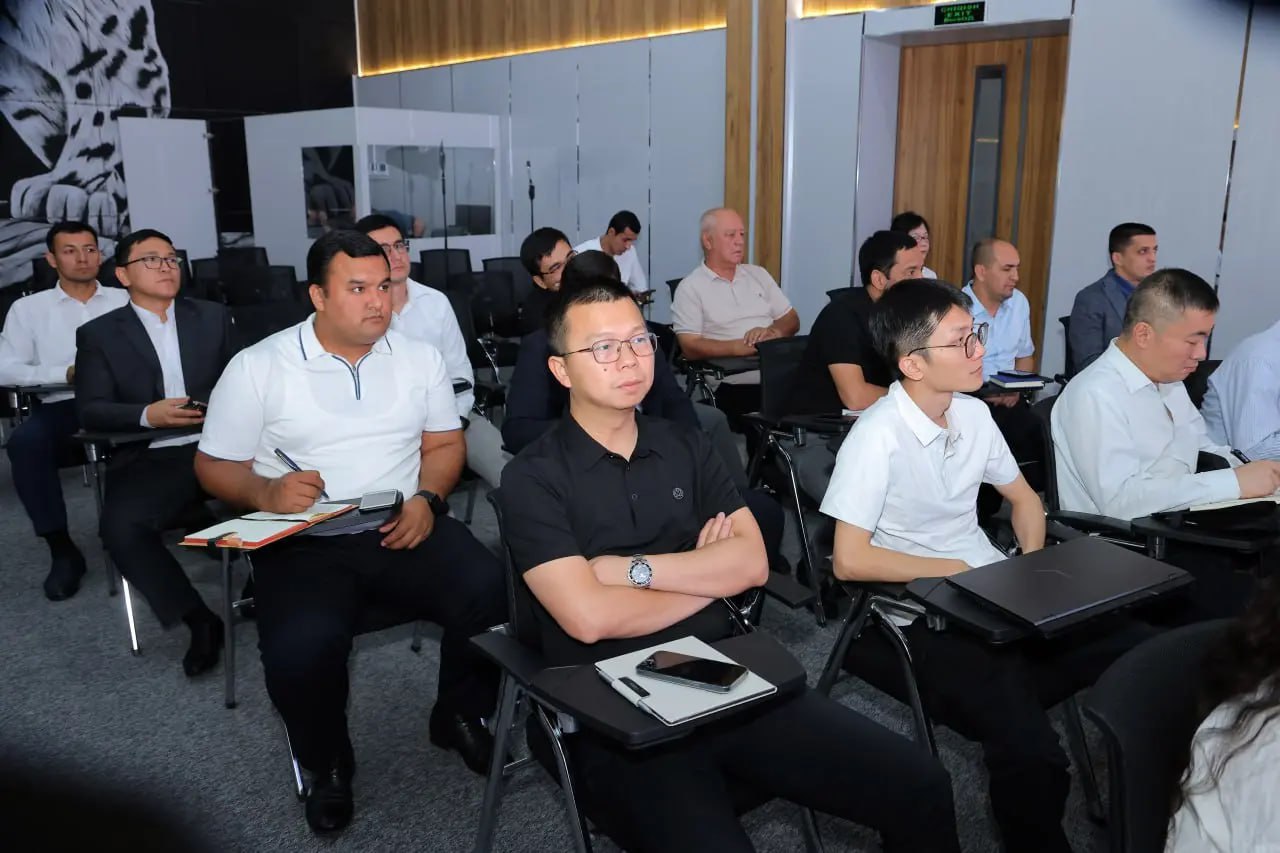Green University Hosts Waste-to-Energy Seminar by Shanghai SUS Environment Co., Ltd.
- 28.08.2024
- 520
On August 28, 2024, the Central Asian University of Environmental and Climate Change Studies (Green University) hosted a groundbreaking seminar on waste-to-energy technology, presented by Shanghai SUS Environment Co., Ltd. This event focused on studying the global experience of converting waste into energy, drawing on examples from China, Japan, Europe, and the USA.On August 28, 2024, the Central Asian University of Environmental and Climate Change Studies (Green University) hosted a groundbreaking seminar on waste-to-energy technology, presented by Shanghai SUS Environment Co., Ltd. This event focused on studying the global experience of converting waste into energy, drawing on examples from China, Japan, Europe, and the USA.
The seminar attracted a diverse audience of students, faculty, industry professionals, and environmental experts, all eager to explore innovative solutions for managing waste and producing clean energy. Shanghai SUS Environment Co., Ltd., a leader in sustainable waste management, shared their expertise on turning municipal solid waste into renewable energy, a practice that not only reduces landfill use but also contributes to the global transition towards a circular economy.
During the seminar, participants delved into international case studies that showcased the successful implementation of waste-to-energy technologies across different regions:
China: The seminar highlighted China’s large-scale waste-to-energy plants, which are pivotal in reducing landfill dependence and contributing to the country's renewable energy targets.Japan: Japan's advanced technology and stringent waste management policies were discussed, offering insights into the country’s efficient waste-to-energy systems.Europe: European Union countries, known for their environmental sustainability initiatives, demonstrated how policy frameworks and investments have made waste-to-energy a key component of their renewable energy strategies.USA: The session also explored the experience of the United States, focusing on the integration of waste-to-energy technology within its energy grid and its potential to contribute to reducing emissions.
The seminar included interactive discussions, where participants exchanged ideas on how Uzbekistan and Central Asia could adopt and scale waste-to-energy solutions based on the experiences of China, Japan, Europe, and the USA. The discussions also covered the regulatory and infrastructural changes needed to support this shift.
Green University remains committed to promoting sustainable solutions that benefit both the environment and society. The university is at the forefront of regional efforts to advance renewable energy technologies, providing a platform for knowledge exchange and collaboration on waste-to-energy initiatives.
 English
English







